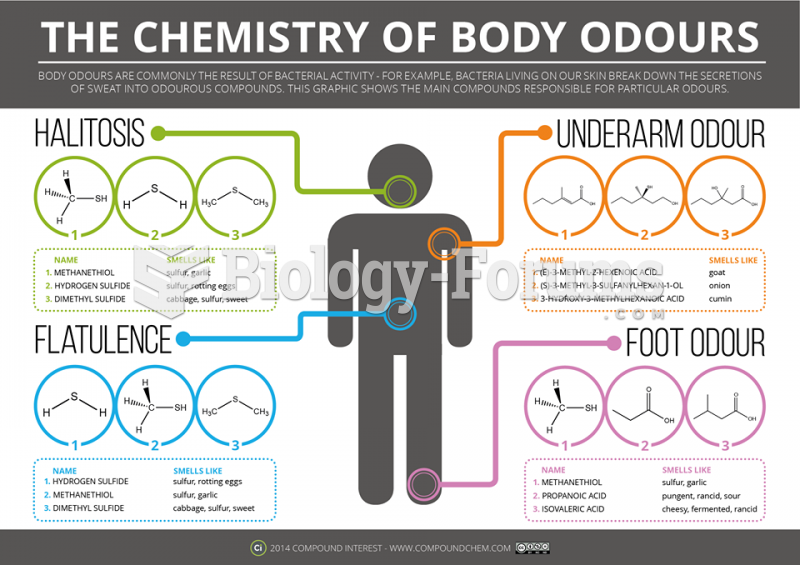This topic contains a solution. Click here to go to the answer
|
|
|
Did you know?
There are more bacteria in your mouth than there are people in the world.
Did you know?
Thyroid conditions may make getting pregnant impossible.
Did you know?
If you could remove all of your skin, it would weigh up to 5 pounds.
Did you know?
The first successful kidney transplant was performed in 1954 and occurred in Boston. A kidney from an identical twin was transplanted into his dying brother's body and was not rejected because it did not appear foreign to his body.
Did you know?
Disorders that may affect pharmacodynamics include genetic mutations, malnutrition, thyrotoxicosis, myasthenia gravis, Parkinson's disease, and certain forms of insulin-resistant diabetes mellitus.







